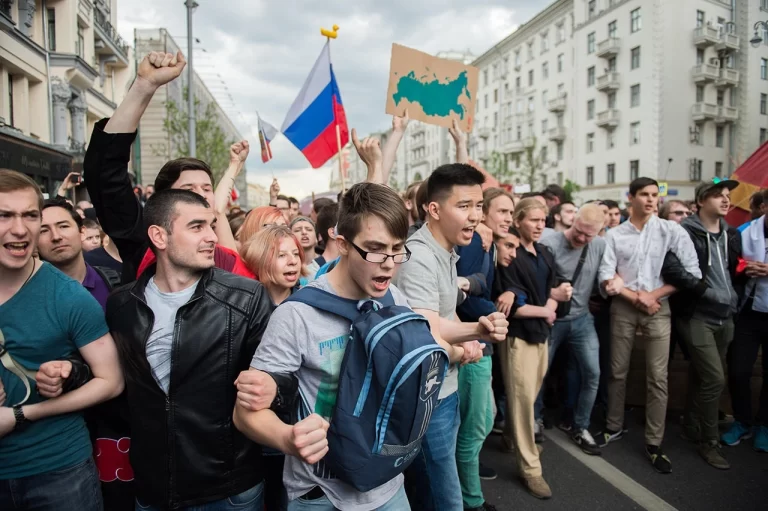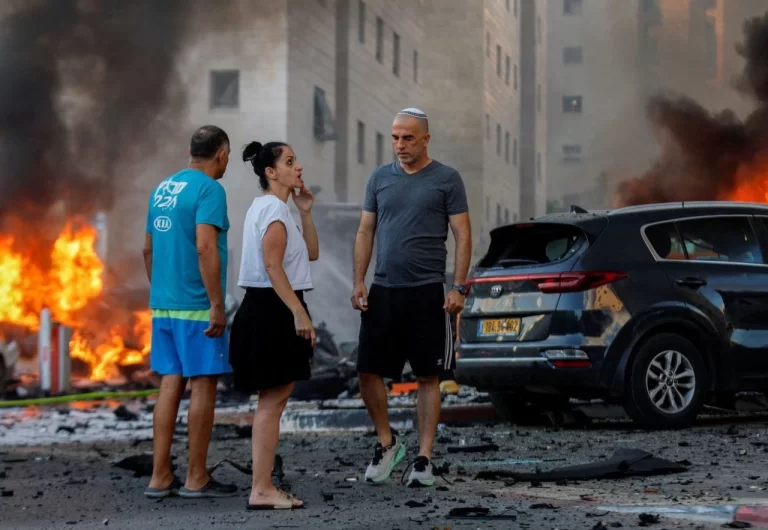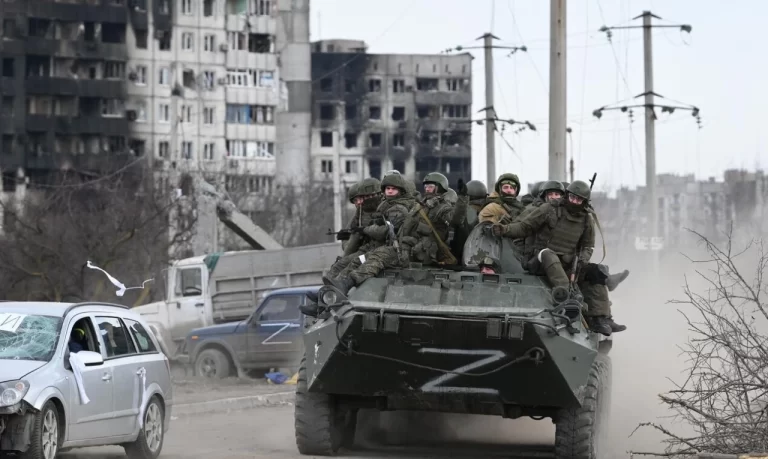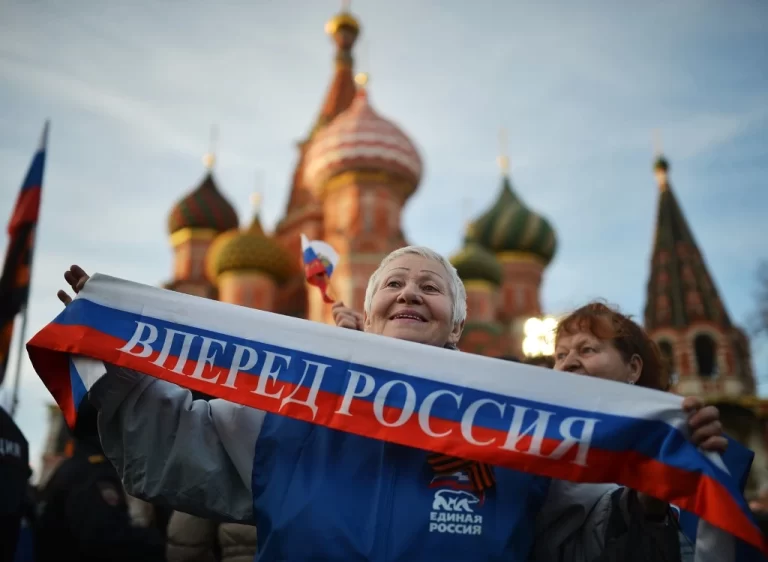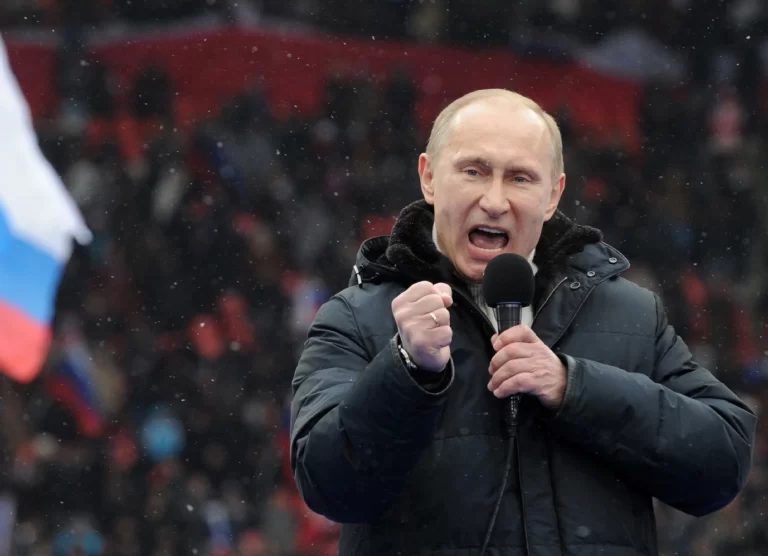Every war inevitably concludes with peace, inherently founded upon a system of compromises. The duration of hostilities and the number of human lives sacrificed to political ambitions hinges significantly upon the capability to reach agreements. The prevailing discourse painting Russia as the outright aggressor and Ukraine as the victim makes the discussion about seeking compromise appear unacceptable — it is impossible to negotiate with the aggressor! However, reflecting upon the human lives and suffering exacted each day by the war, perhaps it is worth exploring solutions. As a political analyst, not a politician, I suggest considering the Korean model for ending the war, proven effective and stable in its time.
How to End the Russia-Ukraine War: A Path to Resolution
Every war inevitably concludes with peace, inherently founded upon a system of compromises. The duration of hostilities and the number of human lives sacrificed to political ambitions hinges significantly upon the capability to reach agreements. The prevailing discourse painting Russia as the outright aggressor and Ukraine as the victim makes the discussion about seeking compromise appear unacceptable — it is impossible to negotiate with the aggressor! However, reflecting upon the human lives and suffering exacted each day by the war, perhaps it is worth exploring solutions. As a political analyst, not a politician, I suggest considering the Korean model for ending the war, proven effective and stable in its time
The reaction of the European international community to Russia’s invasion of Ukraine is justifiable and understandable. However, after one and a half years of war, it has become evident that merely ‘responding’ to the war with sanctions and condemnatory rhetoric against the Kremlin and all Russians based on nationality is insufficient to end the war. A resolution to the problem is required, not just a reaction.
Tens of thousands have already perished in this armed conflict, with hundreds of thousands more injured or displaced, and the world is teetering on the brink of a nuclear catastrophe. By the fall of 2023, the ‘special military operation’ evolved into a protracted conflict with no victors in sight. Is preserving Ukraine’s territory within its 1991 borders worth all these deprivations and the loss of Ukrainians and Russians? Perhaps it is time to find a compromise that would end the bloodshed.
Understanding the interplay between peace, compromise, and resolution is crucial to navigating the intricate tapestry of international relations and geopolitical dynamics surrounding the Russia-Ukraine conflict. While the discourse predominantly favors condemnation and retaliation against perceived aggressors, deliberately exploring sustainable, empathetic, and mutually beneficial solutions may illuminate pathways to enduring peace and reconciliation.
Presidents Resist Peace
The official statements of the Presidents of Russia and Ukraine reveal that neither party is willing to make concessions to end the ongoing war. Vladimir Putin is adamant about acquiring Ukrainian territories he has already integrated into the Russian constitution, granting residents of disputed regions Russian passports. The Russian President also intends to overturn the ‘Kyiv regime’ and label it as ‘Nazi.’ Conversely, Volodymyr Zelensky demands that Putin retreat to the borders established in 1991 and compensate Ukraine while facing trial as a war criminal. Evidently, with these unattainable demands, neither side is poised for negotiation.
Putin cannot afford to retreat. A defeat would render him, his friends, and relatives, nurtured on oil dollars in the 2000s, politically dead. Almost the entire Russian political elite would lose everything due to a domino effect linked to theft, deception, and corruption.
The traditional European perspective, which views Putin as a strong leader of a large nation an intimidating aura preserved post-USSR dissolution, has spurred theories about Putin’s alleged desire to restore the ‘great empire,’ with Ukraine supposedly being just the beginning. However, why has the possibility that Putin’s motives for invading Ukraine were more mundane and trivial been disregarded? Perhaps he needed a ‘small victorious war’ to bolster his weakening political positions within a country where power is grounded in force and a repressive apparatus. As the ‘small victory’ proved elusive, the stakes within the country have escalated. Putin cannot afford to look back, let alone retreat.
Moreover, Zelensky’s demands presume a complete rout of the adversary, which is still a far-fetched scenario. Hence, Putin is expected to fight like a cornered animal, desperate and relentless.
Even if we engage our imagination and visualize Putin forgetting about the nuclear button, losing his nuclear suitcase, and agreeing to all of Zelensky’s terms, the issue of Russia’s national humiliation and the emergence of revanchist sentiments within the country arise. This lesson of history was learned in early 20th-century Germany post-World War I. The humiliation of Germany led to the rise of Hitler and, subsequently, World War II.
Additionally, should Russia capitulate, ethnic cleansing in the parts of Eastern Ukraine, which were under Russian occupation, is almost guaranteed to ensue. Repressions would target all Russian-speaking populations based on national affiliation and suspicions of collaboration with Russian occupational forces.
Volodymyr Zelensky is also in a position where retreat isn’t an option, as the Ukrainian government heavily resorts to emotional blackmail in negotiations with its European partners. When one champions the idea of fighting for democracy and freedom, compromises with the aggressor appear to betray the trust of creditors and the public. Let’s not forget that Ukraine owes substantial amounts for European and American military aid, debts that must be repaid. Ideally, these would be in the form of reparations from the aggressor, not the money of Ukrainian taxpayers.
This speculative scenario highlights the intricate geopolitical, emotional, and financial entanglements in the Russia-Ukraine conflict. When the stakes are high, with both nations feeling the pressure of national pride, historical precedents, and economic obligations, finding a peaceful middle ground becomes an intricate dance. The emotional and moral underpinnings of the negotiations underscore the complexity of achieving equitable resolutions that honor the sovereign identities and aspirations of both nations.
The Prospects of the Biden Administration.
For the moment, the United States’s political elite is generally not inclined toward seeking a resolution to the conflict. President Joe Biden seems immersed in nostalgic reminiscences of his youth during the Cold War era with the USSR. American arms manufacturers are reaping substantial contracts for rearmament, international sanctions are stifling the economy of Russia—a major competitor—and NATO is experiencing a revival and comfortably expanding eastward, dispelling previous doubts regarding the alliance’s relevance. All these developments align well with the national interests of the United States.
However, more than 330 million ordinary Americans reside in the United States beyond the political and business elite, whose taxes fund the government’s foreign policy ambitions. Normal people tend to be more concerned about the rationality of expenditure and hold human life in higher regard. This is likely why a PEW Research opinion poll conducted in June 2023 showed a decline in support for the Biden administration’s response to Russia’s invasion of Ukraine and a marked increase in the number of Americans who believe that the U.S. is extending too much support to Ukraine.
The divergence between the policy pursuits of the elite and the perceptions of the ordinary citizen marks a poignant phase in American democracy. The populace’s increasing inclination towards introspection over the nation’s foreign policy objectives raises pertinent questions about the sustainability of the existing trajectories. It necessitates a deeper reflection on the principles and values steering the nation’s international engagements. The future of American support in international conflicts may hinge on reassessing its strategic imperatives, shaped by a balance between national interests and the evolving ethos of its citizenry.
Despite the foreign economic benefits of suppressing the Russian economy and supporting Ukraine, the Biden Administration finds itself compelled to seek avenues to resolve the ‘hot’ conflict, aiming to commence the recovery of invested finances and appease its citizenry.
International sanctions have been ineffectual in halting the war, a fact known from the outset. Their objectives lie elsewhere. For instance, countries like Cuba or Iran have lived under stringent sanctions for decades, yet the people of these nations have not overthrown their governments. The same applies to Russia. Sanctions can alter the structure of the international market, but they are incapable of ending the war.
Given Ukraine’s and Russia’s unwavering stances, the onus to find a compromise and bring them to the negotiating table falls on the third and most potent player—the United States. The world currently requires the business pragmatism of the Americans, their ability to negotiate even with the most irreconcilable opponents in the name of peace, reminiscent of the diplomatic acumen exhibited by George Washington and Abraham Lincoln!
The implementation of sanctions and the prolongation of support for Ukraine underscore a strategic paradigm, yet as the American populace increasingly scrutinizes the rationality and humanitarian costs of such interventions, a renewed approach anchored in diplomatic pragmatism and reconciliation becomes imperative. The American tradition of negotiation and compromise, championed by its founding figures, emerges as a pivotal element in navigating the tumultuous waters of contemporary geopolitical conflicts and forging pathways to enduring peace.
Korean version
In 1953, the USSR and the USA devised a method to resolve conflicts regarding spheres of influence on specific territories. By partitioning Korea into North and South, the countries concluded a bloody war, each portion aligning with a different superpower. A similar division might appear more logical in Ukraine due to its inherent ethnic and economic dichotomies between the coal-industrial East and the agricultural West.
This division seems even more rational in Ukraine, as its eastern part is inhabited by ethnic Russians speaking the Russian language. The suppression of the native language and discrimination based on nationality, permitted by the government in Kyiv and inevitable due to the military conflict, create a tension focus that can be alleviated by territorial separation.
Crimea should become a genuine autonomous republic, not just in name. Historically, the indigenous inhabitants of the Crimean Peninsula were the Crimean Tatars, deported by Soviet dictator Joseph Stalin in May-June 1944. After Crimea’s annexation in 2014, the Russian government subjected Tatars disagreeing with the annexation to political repressions. Crimea should be returned to the Crimean Tatars for historical justice, granting them either independence or extensive autonomy within Eastern Ukraine, as the majority there speak Russian.
Thus, having granted loans to the Ukrainian government, the USA and EU countries can continue their financial relations with Western Ukraine. At the same time, Russia can fund the reconstruction of Eastern Ukraine, comparable in economic volume to reparations but without national humiliation for the Russian people.
Certainly, splitting a country in two isn’t the perfect scenario, but it seems like no good options are left. It’s crucial now to initiate a public discussion about the realistically possible solutions to exit the crisis and achieve peace, addressing the issue from pragmatism and humanitarian values rather than state-administrative borders and abstract ideas.
This approach hinges on the understanding of historical precedents and emerging socio-political dynamics. While not ideal, exploring a pragmatic division reflects a nuanced realization of the current geopolitical impasse, potentially leading to more harmonious coexistence and long-term peace in the region.


